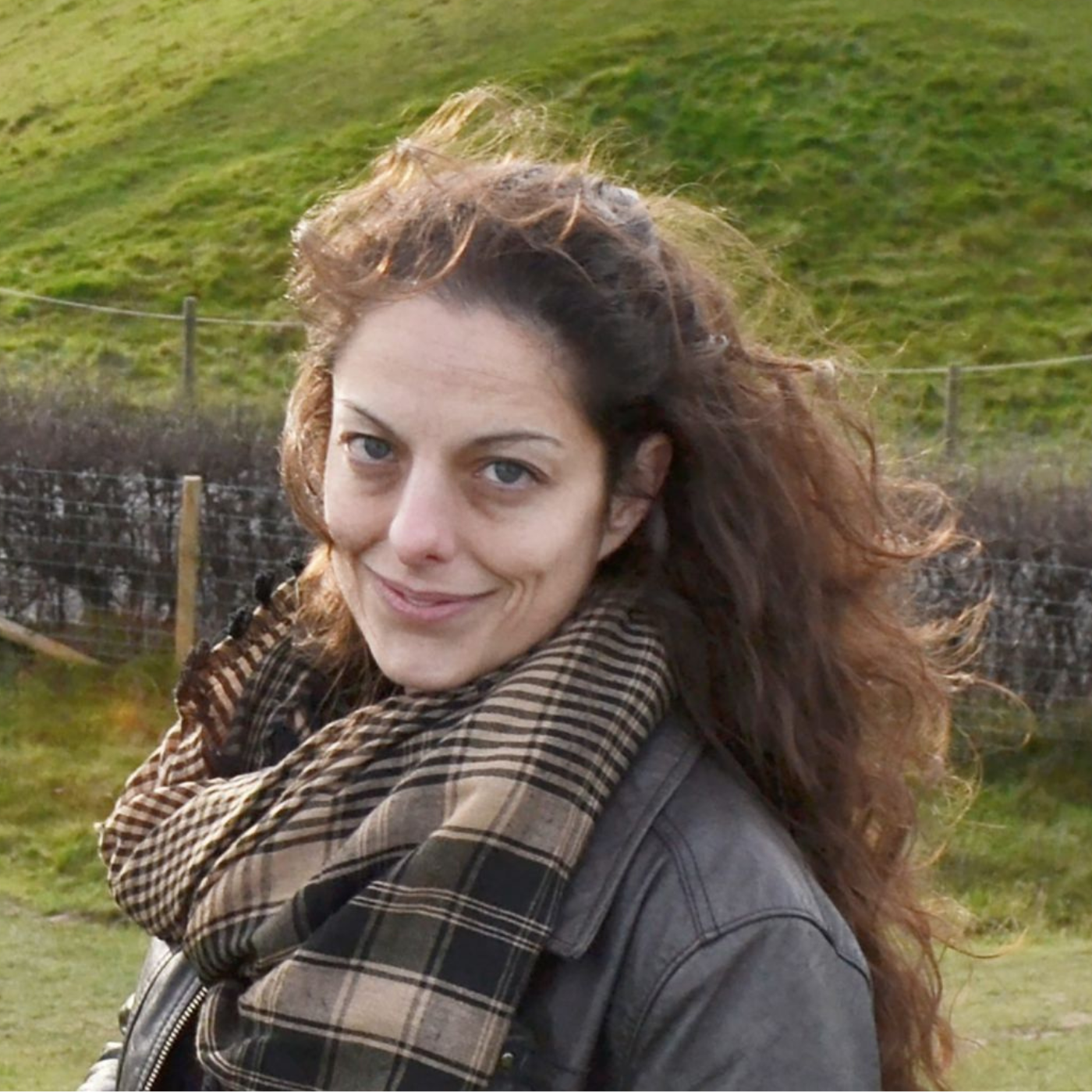Episode 334: Brenna Hassett
The Animal with the Longest Childhood
Humans, as a species, are unique among the animal kingdom in a number of ways, but several of those involve how we have and raise our children. In a class of our own, even compared to other primates, humans spend an extremely long time in childhood and even longer until all parts of us, including our bones, fully mature.
Brenna Hassett is a biological anthropologist and archaeologist. She is also the author of two books, Built on Bones: 15,000 Years of Urban Life and Death and her latest book, Growing Up Human: The Evolution of Childhood.
Brenna and Greg discuss the significant impact of cultural adaptations on reproduction, exploring the complexities of human birth and the uniqueness of human fertility. Brenna goes over the hurdles of breastfeeding in diverse societies, the sway of nutrition in modern societies and its tie to fertility cycles, and what unexpected correlation humans have to zebras.
*unSILOed Podcast is produced by University FM.*
Episode Quotes:
The perfect parenting myth
16:03: The idea that there is one true way to parent is insidious because it preys on every insecurity you have as a new parent, which is, "Oh my God, this machine that I have purchased from the store and brought home is glitching. I can't turn it off and on again; there is no helpline that is working. What on earth am I supposed to do?" And a lot of people look for answers in a sort of imagined past where, if the phone wasn't ringing off the hook, if the television wasn't on, if you didn't have to go back to work after three weeks or something, childrearing would be much easier. And a lot of that stuff is true.
Are babies demanding?
25:48: If you think about the signaling mechanism in a human pregnancy being much more baby-led than maternal-led, I think you start to see how our very demanding babies can take advantage of that.
The challenges of balancing work and care
34:44: The thing to remember with humans is that every single evolutionary adaptation that we've made, we have adjusted the levers of the adaptation with our culture. Our culture is essentially another mechanism by which we move our adaptations forward, backward, sideways, or whatever. So if you think about something that ought to be straightforward, like birth, and then you look at the actual mechanics of it for humans.
The push for adulthood in our changing world
47:47: We've set up a society that had some expectations and a culture that had some expectations, and then we changed them, and we are slowly allowing some people in our society to fit our changed expectations. We are pushing our expectations absolutely to their limit in some ways. And that's why fertility treatment and things like that are so important now, because people are waiting longer; it is harder to meet the sort of traditional adult milestones in the economy we have today.
Show Links:
Recommended Resources:
Guest Profile:
Faculty Profile at UCLAN
Brenna Hassett on Talks at Google





